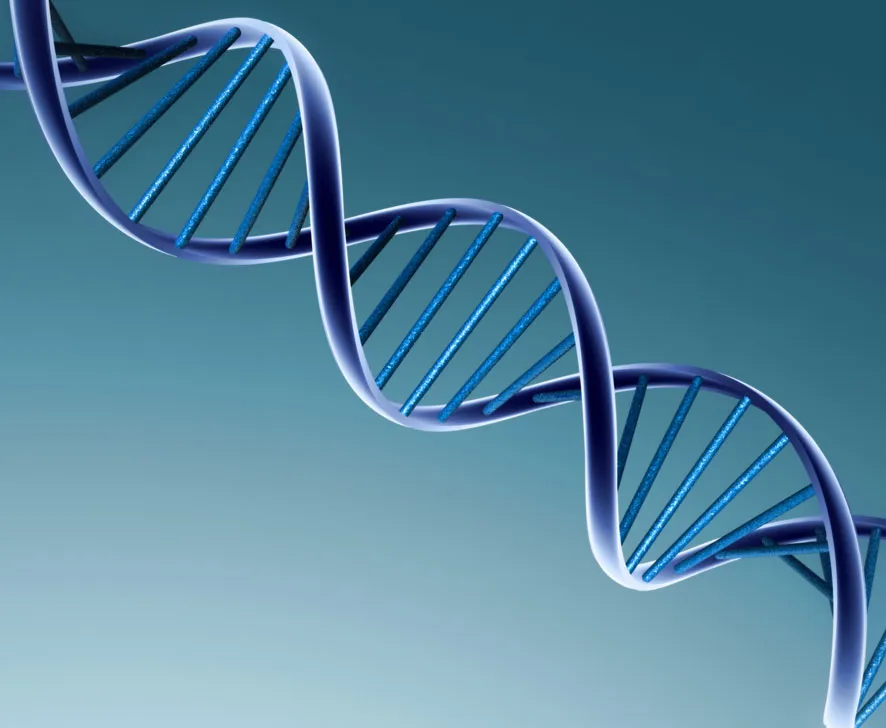OnKure doses first study patient with skin cancer drug combination
BOULDER — OnKure Inc. has provided its first study patient with drugs in its trial of a skin cancer therapy combination of OKI-179 and a mitogen-activated protein kinase kinase enzymes, or MEK, inhibitor,
OKI-179 is thought to treat skin cancers by inhibiting activity caused by a specific mutation in NRAS, a genetic marker that is susceptible to mutation into an aggressive cancer-producing cell. The U.S. National Institutes of Health estimates that 15% to 20% of all melanomas are caused by that specific genetic mutation.
“We are pleased to advance the clinical development of our lead candidate, OKI-179, and for the first time, investigate its potential in combination with a [mitogen-activated protein kinase kinase enzymes] inhibitor,” OnKure chief medical officer Jennifer Diamond said in a prepared statement. “The combination of [histone deacetylase] inhibition with MEK inhibition is synthetically lethal in RAS-pathway mutated cancers, resulting in increased tumor regressions by inducing DNA damage that is not seen with either agent alone. Given the favorable safety and tolerability profile of OKI-179, we believe its synergistic combination with binimetinib has the potential to be an effective treatment option for patients diagnosed with this highly aggressive melanoma.”
SPONSORED CONTENT
In 2020, OnKure and Pfizer Inc. (NYSE: PFE) began the process to initiate a proof-of-concept study for OnKure’s drug candidate OKI-179 in combination with Pfizer’s already-approved Mektovi drug.
Mektovi was originally developed by the formerly Boulder-based Array Biopharma, which Pfizer acquired last year for $11 billion.
This article was first published by BizWest, an independent news organization, and is published under a license agreement. © 2022 BizWest Media LLC.
BOULDER — OnKure Inc. has provided its first study patient with drugs in its trial of a skin cancer therapy combination of OKI-179 and a mitogen-activated protein kinase kinase enzymes, or MEK, inhibitor,
OKI-179 is thought to treat skin cancers by inhibiting activity caused by a specific mutation in NRAS, a genetic marker that is susceptible to mutation into an aggressive cancer-producing cell. The U.S. National Institutes of Health estimates that 15% to 20% of all melanomas are caused by that specific genetic mutation.
“We are pleased to advance the clinical development of our lead candidate, OKI-179, and for the first time,…




